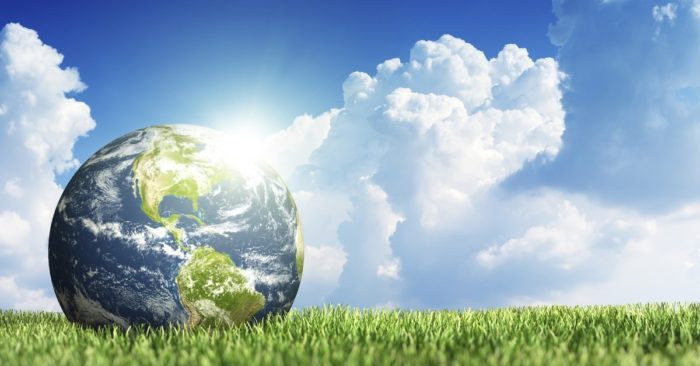WWF published the report ‘Living Planet’ in which it reports that wildlife populations have decreased by 60%, in a span of 40 years. It states that this generation is the first that knows people are destroying the environment and the last one that can do something to reverse it.
In fact, more than 4,000 mammal, bird, fish, reptile and amphibian species are declining quickly between 1970 and 2014. This means that the current rates of species extinction are 1,000 times higher than ever before.
[smlsubform prepend=”GET THE SAFETY4SEA IN YOUR INBOX!” showname=false emailtxt=”” emailholder=”Enter your email address” showsubmit=true submittxt=”Submit” jsthanks=false thankyou=”Thank you for subscribing to our mailing list”]
Moreover, the proportion of the planet’s land that is currently unaffected from human impact is expected to go from a quarter to a tenth by 2050, due to habitat removal, hunting, pollution, and climate change.
Because of these findings, WWF noted that today’s efforts to protect the natural world are not enough to reverse the impact of manmade destruction.
In a characteristic statement, WWF UK Chief Executive Tanya Steele stated that:
We are the first generation to know we are destroying our planet and the last one that can do anything about it.
What is more, according to the report, 90% of seabirds have plastics in their stomachs, in the same time when almost half of the world’s shallow-water corals have been lost in the last 30 years.
The destruction of wildlife of course affects people directly. Namely, human health, food and medicine supplies, are all affected by declines in wildlife and nature.
In fact, the welfare of about 3 billion people who depend on wildlife to eat and work has decreased, due to land degradation.
In order to mitigate these extremely concerning issues, WWF mentioned that global action is needed the next two years in order to suspend the growth of natural destruction.
Thus, world governments and businesses have to make a deal that will be similar to the 2016 Paris agreement for climate change. This agreement will protect wildlife and mitigate human impacts on the earth.
You may see more information in the PDF below



































































To know that after 40 years, our wildlife populations to decreased by 60% is very disheartening. I couldn’t agree more that we are the last generation to save our planet. 2030 is our climate change deadline. Our generation has to act now and don’t wait for the catastrophe to happen.